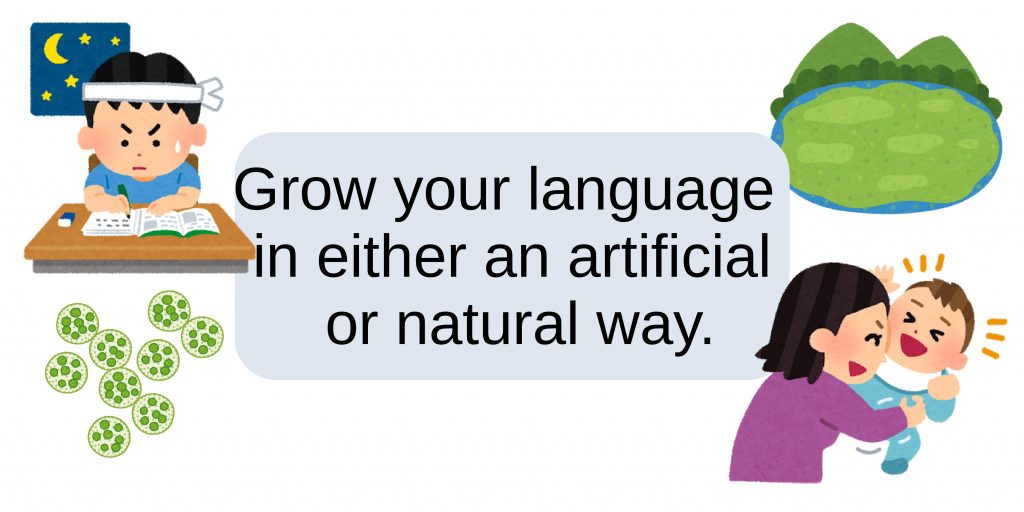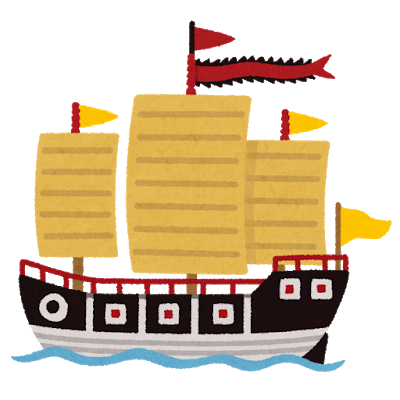ALG, short for automatic language growth, might sound like the informal term for a diverse group of photosynthetic organisms called “algae,” but the two have more in common than you might think. Meanwhile, in the TV series “The 100,” Monty’s algae played various roles throughout the seasons, including breeding people in space, repairing hydrofarms in bunkers, and even putting people into a coma to modify them into food and fertilizer.
On the other hand, seaweeds, the largest and most complex marine algae, are a vital source of food, especially in Asia, and are sometimes labeled as “superfoods.” They contain numerous essential vitamins, including A, B1, B2, B6, niacin, and C, and are rich in iodine, potassium, iron, magnesium, and calcium. Yet, people consume algae without being aware of their nutritional value.
The process of learning a new language through ALG can be compared to consuming algae. Algae can grow rapidly and double in size in as little as 24 hours if the environment has all the necessary nutrients. Similarly, in ALG language learning, parents and teachers provide both non-linguistic and linguistic inputs for their children and students. There are no textbooks or tests to follow, and no specific training or practice for speaking the language. Input providers and receivers are free to interact naturally, and language learners have the potential to learn an unlimited number of inputs, just like how algae grows.

However, just as there are different strains of Monty’s algae with unique purposes, textbooks, tests, training, and practice have specific goals and paths to follow. For instance, some people might see the Hanyu Shuiping Kaoshi (HSK) or the Chinese Proficiency Test as a way to prove their language skills, while others may be interested in Chinese history and culture and learn the language through drama series. By setting a goal and targeting a specific approach, learners can find the most suitable way to learn a new language.

